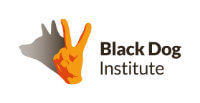Digital mental health services offer many potential benefits to health professionals and clients, including greater accessibility, saving time in sessions and supporting individuals between sessions. However, they also introduce additional risks and concerns, such as safety and security.
The digital landscape can feel treacherous at times, with the sheer number of products and services making it difficult to determine which are safe to use. Whilst many digital interventions and support tools are developed by reputable organisations, an increasing number are being developed by commercial entities with the intent to profit or exploit user data.
Fortunately, there are some resources available to help take the guesswork out of assessing safety in the digital mental health landscape.
What are the safety concerns with digital mental health?
There are several core safety concerns to consider with digital mental health services, such as evidence base, harms and benefits, and data security.
Evidence of Benefits – is my client likely to benefit from this product/service? What benefits does it claim to provide and is there sufficient evidence to back up these claims? Does the service make it easy to find that evidence?
Harms – could this service do harm to my client? Does it contain interventions that are experimental or not sufficiently tested? Is the product/service clear about populations who might not be suited to use it? How does the service manage risk situations?
Trust – overall, can I trust this service? Can I be confident that user benefit and wellbeing is at the core of the service’s mission and values? What is its business model? Who are they funded by? If the service requires payment, does it seem reasonable in light of the expected benefits?
Data security – how does the service store data and who is it shared with (or not shared with)? Is there a privacy policy that answers these questions clearly?
Where to find trusted digital mental health resources
With all that said, we know it can be a daunting task to search and vet every digital mental health service. In this ever-growing landscape and health practitioners’ increasingly limited time, hunting for safe digital mental health services might not be your top priority. Luckily, there are some online directories that have done the heavy lifting for you.
The websites below help connect you with reputable, evidence-based and evidence-informed digital mental health resources.
Head to Health
Head to Health is a national mental health website from the Australian Government connecting Australians to evidence-based and peer-reviewed online resources from some of Australia’s most trusted mental health organisations.
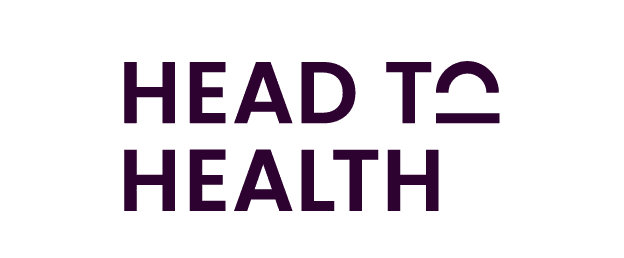
Features:
- Search function.
- A quiz to help identify needs and suggested services.
- Health professionals section.
- Ability to ‘save’ favourites.
WellMob
WellMob is an online library of social and emotional wellbeing resources for Aboriginal and Torres Strait Islander people. Designed for frontline health and wellbeing workers, the site includes culturally relevant resources including videos, apps, podcasts, websites and more.

Features:
- Culturally safe language.
- Search function.
- Training and professional development resources.
eMHPrac
Our online directory lists various Australian digital mental health services that are evidence-based, nationally available, and developed by reputable organisations of with Government funding.

Features:
- Directory of resource with filters to search by type of support, mental health condition or audience.
- Fact sheets with short lists on services for various populations and presenting problems.
ReachOut – Tools and apps
ReachOut is an Australian young mental health service, providing information and support for young peoples mental health. Their website includes a library of free and low-cost apps including reviews from mental health professionals and users.

Features:
- A quiz to identify goals.
- NextStep referral guide or users.
- Health professional and user ratings.
- Links to developer information.
Evaluating digital mental health services?
While the resources above can help narrow the search, it is important that health professionals still evaluate and familiarise themselves with a digital mental health service before recommending or using it with clients.
To aid health professionals is considering critical factors like suitability, evidence-base, safety and security, the following guides are available:
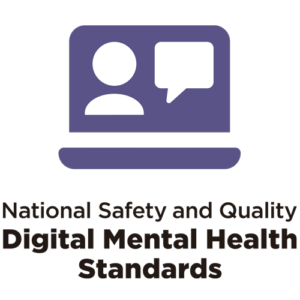
The standards have been developed by the Australian Government to improve the quality of digital mental health service provision, and protect service users and their support people from harm.
The Standards feature guidelines and advice around:
Clinical and technical governance standards
Describes the clinical and technical governance, safety and quality systems, and the safe environment that are required to maintain and improve the reliability, safety and quality of digital mental health care, and improve health outcomes for service users. Includes privacy, transparency, security and stability of digital systems.
Partnering with consumer standards
Describes the systems and strategies to create a person-centred digital mental health system.
Model of care standards
Service provides have established a model of care for each digital mental health service and implement and maintain systems for the delivery of safe and high-quality care to minimise the risk of harm to service users, their support people and others.
Digital mental health services accredited to the National Safety and Quality Digital Mental Health Standards have been independently assessed to ensure they have systems in place to meet the necessary safety and quality requirements. These services can be identified by the accreditation badge.
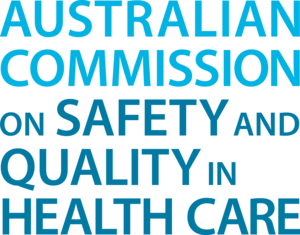
The Australian Commission on Safety and Quality in Health Care have published numerous tip sheets and checklists for clinicians and consumers in selecting a safe and appropriate digital mental health resource.
Tips for choosing a digital mental health service
information for clinicians
Tips for choosing a digital mental health service
information for consumer and carers
Checklist for choose a digital mental health service
information for consumers and carers
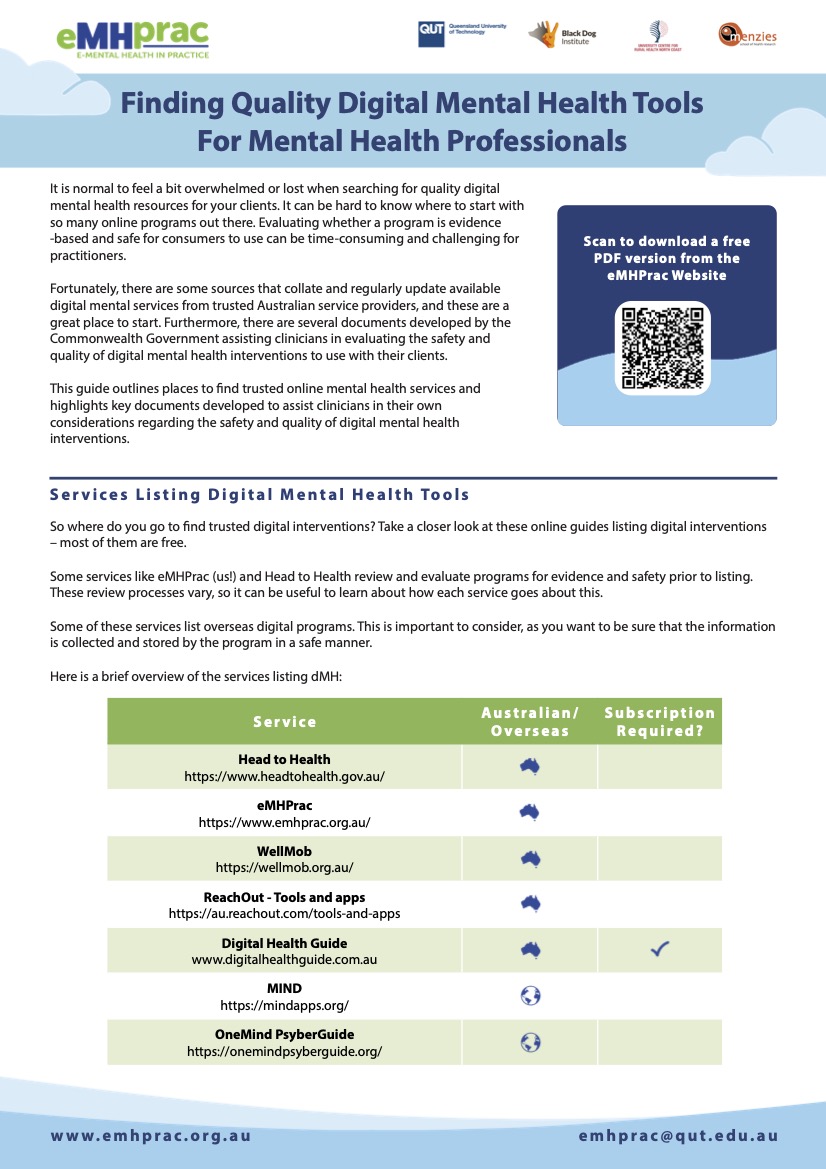
For more information on finding quality digital mental health tools to use with your clients download our factsheet.


